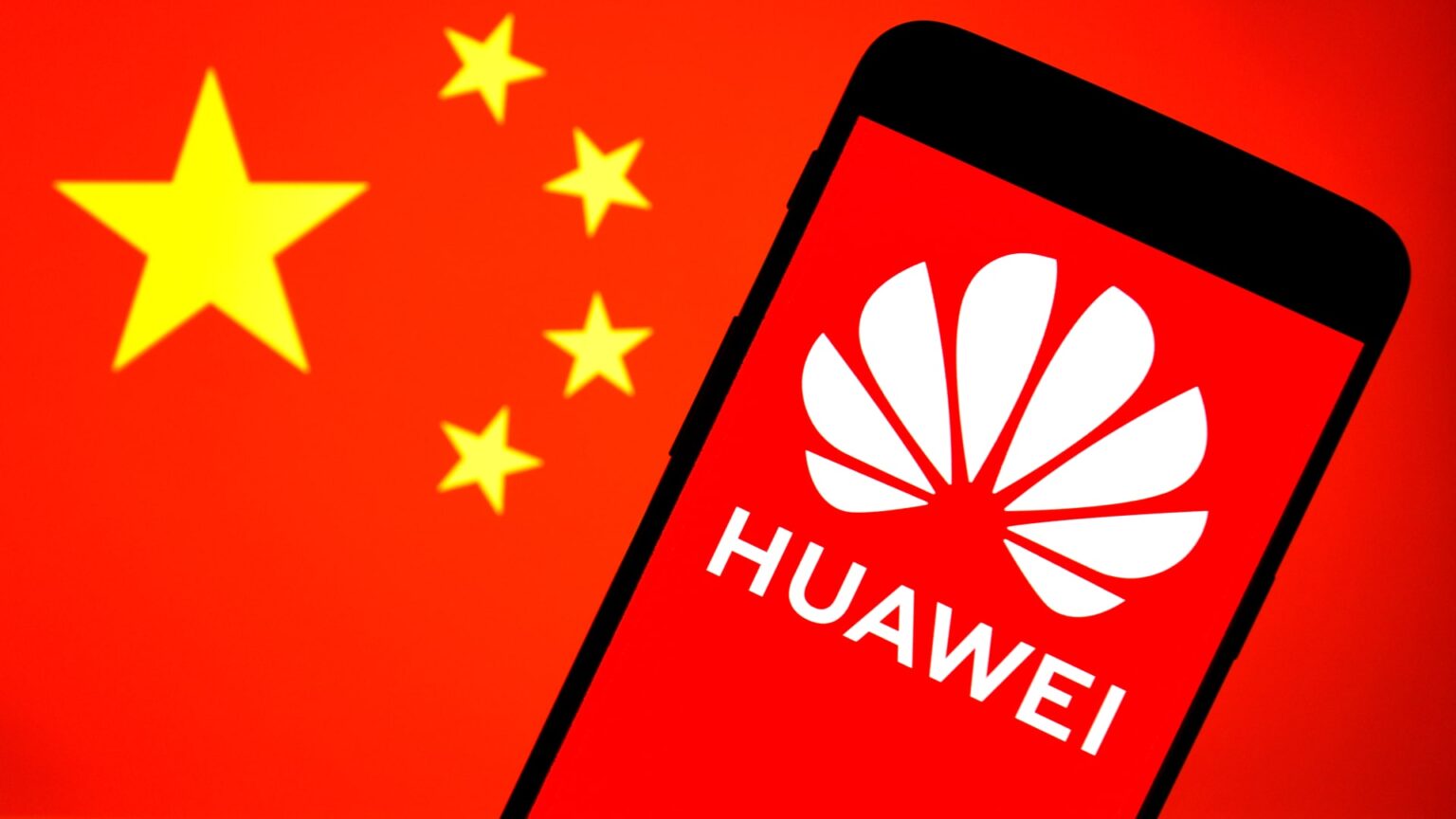In this photo illustration a Huawei logo is displayed on a smartphone with a Chinese flag in the background.
Sopa Images | Lightrocket | Getty Images
Beijing has banned semiconductor research firm TechInsights from working with or receiving data from Chinese entities, in a move that could add to the opaqueness of the country’s chip industry.
China’s Commerce Ministry, citing national security concerns, announced Thursday that TechInsights was designated an “unreliable entity,” which prohibits Chinese individuals or organizations from sharing information with the Canadian-based company.
TechInsights is well known in the global tech space for its in-depth coverage of Chinese-made chips and was among the first to report breakthroughs by companies like Huawei Technologies.
Beijing’s crackdown on TechInsights came less than a week after the firm revealed that a breakdown of Huawei’s latest artificial intelligence chips found components sourced from outside mainland China.
TechInsights didn’t immediately respond to a request for comment from CNBC, while Huawei didn’t respond to an inquiry about TechInsights’ report.
The findings by TechInsights about Huawei’s latest “Ascend” AI chips were consistent with those from other research firms like SemiAnalysis, which said that the Chinese company relies on technology from memory chipmakers like Samsung Electronics and contract chipmaker Taiwan Semiconductor Manufacturing Co (TSMC).
These companies are under U.S. export controls, restricting them from selling their most advanced technologies to Chinese customers. Moreover, Huawei has been on a U.S. trade blacklist since 2019, barring chip makers that do business with the U.S. from working directly with it.
In response, Beijing and its chipmakers have stepped up efforts to build a self-sufficient semiconductor supply chain.
Huawei, one of China’s leading players in these efforts, has been developing alternatives to U.S. chip giant, Nvidia, though TechInsights’ latest findings may be seen by some as a knock on such efforts.
Despite its prominence in China’s chip space, few details are disclosed about Huawei’s chipmaking efforts outside of what third-party research firms uncover.
For example, reports have said that Huawei works closely with China’s leading chip foundry SMIC — a competitor of TSMC — though both companies have been silent about any collaboration since Huawei was placed on the U.S. trade blacklist.
Last year, TechInsights reportedly found that a Huawei product contained a chip component from TSMC, triggering questions about the effectiveness of U.S. export controls. The research firm’s latest findings on Huawei’s AI chip could further fuel such concerns.
Analysts say Chinese chip companies have exploited loopholes in U.S. restrictions and drawn on stockpiles of imported chips and components before certain restrictions kicked in.
https://www.cnbc.com/2025/10/10/china-blacklists-major-chip-ai-research-firm-techinsights-analyzed-report-huawei.html


